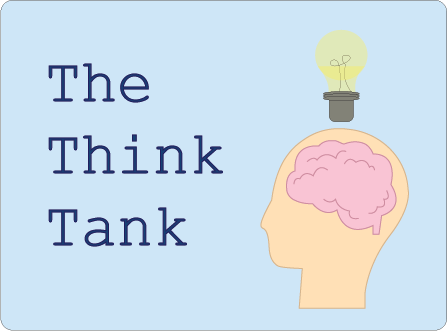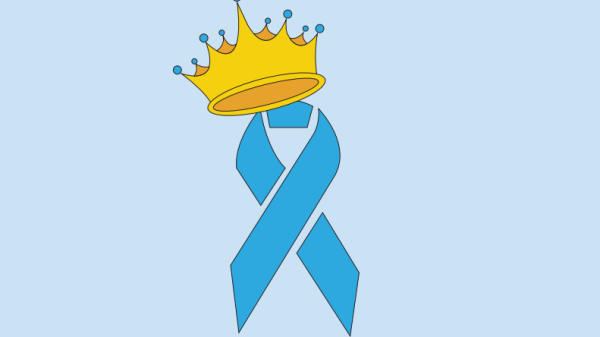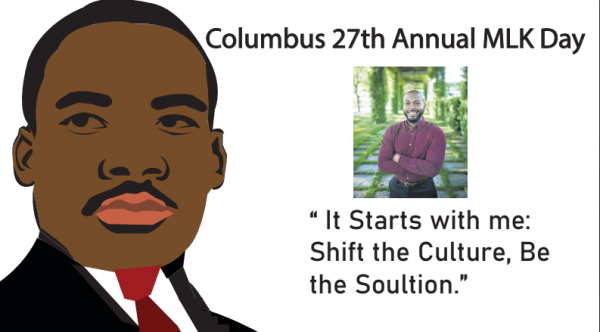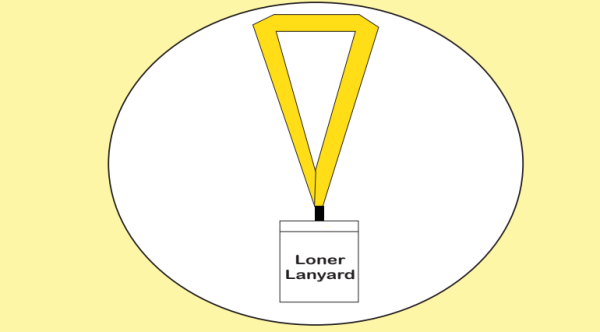The Things You Can Not Control
It is a phrase everyone has heard at some point in their life. “Don’t worry about the things you can’t control.”
This phrase is meant to comfort others in times of stress, but why is it comforting to know that something is “out of your control?” More importantly, are things ever really uncontrollable?

There is never a situation in which the outcome cannot be impacted. Whether that be other people, the big game or that job promotion, there is always something to be done to impact the outcome.
Take, for example, sports. It is common to hear the phrase “it’s not our night” when the team is struggling. Implying that the day on the calendar is in control of the outcome and that there is nothing to be done to change the outcome is blatantly wrong.
The players are always in control of the action. Whether it be on the court, on the field or any other medium of play, everything that happens is entirely up to the players. There is no day on the calendar or force in the air that is preventing or causing the action to go one way or the other.
Knowing this, why is it ever comforting to know something is uncontrollable? It stems from the psychological occurrence known as “diffusion of responsibility.”
Without boring the details, this term refers to the lack of responsibility one has when other factors are involved.
When driving by a broken-down car on the side of the road, one may just drive by without a second thought. This is because the person diffused responsibility. “I’m sure someone else will stop to help that car, it’s not my fault.”
The same idea applies to the phrase “you can’t control it.” When someone derives separate reasoning for an event occurring that diffuses responsibility from oneself, it is easy to jump to that conclusion. If one can not control an event from occurring, he or she feels better because they now believe it was not their fault.
Instead of passing off an event as out of their control, they should instead look at the event from an objective perspective, and ask what they could have done differently to change the outcome.
This new perspective allows one to start reigning in one’s own life, and start taking control of the aspects of life once thought to be “out of their control.”










